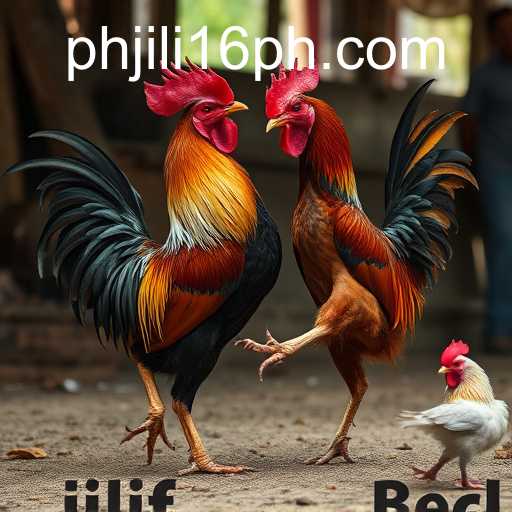A comprehensive examination of the cultural, economic, and ethical dimensions of cockfighting, with a focus on its presence in regions such as the Philippines.
Cockfighting: A Complex Tradition in Modern Times
Cockfighting, known as a blood sport where roosters, or cocks, are specifically bred for aggression, fight in a pit or ring for entertainment. This traditional practice has deep roots in various cultures, especially in Southeast Asia, and remains popular in countries like the Philippines. The term "jili16 ph" has surfaced in various discussions related to cockfighting, but what does it entail within this controversial setting?jilinews
The Cultural Roots of Cockfighting
Cockfighting isn't just a sport; it's an integral part of cultural heritage in many societies. In countries like the Philippines, it goes beyond mere gambling. It intertwines with local customs and festivities, representing bravery, tenacity, and spirit. In many rural areas, cockfighting serves as a major social event, bringing communities together in lively gatherings. For hundreds of years, it has transcended mere entertainment, representing a cultural legacy where stories, history, and social status are interwoven.
The Economics of Cockfighting: Livelihoods on the Line
Economically, cockfighting creates a significant impact, providing livelihoods for breeders, trainers, and traders. In regions where job opportunities are scarce, these roles provide much-needed income to families. For many, cockfighting isn't just a pastime but a profession, with people investing time and resources into breeding the best fighting roosters. The financial aspects, including entrance fees, betting, and related sales, contribute to a local economy that thrives on this tradition. Platforms like "jili16 ph" often surface in discussions for their roles in facilitating these economic activities, providing spaces where enthusiasts can engage and participate.PHJili app
Legal and Ethical Challenges
The practice of cockfighting is not without its controversies. Legal perspectives vary greatly across different regions and countries. In some areas, it's considered a valid cultural activity, in others, it's banned due to animal cruelty concerns. The legalization debate intersects with ethical discussions on animal rights, leading some to call for stricter regulations or outright bans. These opposing views fuel an ongoing dialogue about cultural preservation versus ethical considerations.JILI 888
Modern Evolution and Online Platforms
With the increased availability of digital platforms, cockfighting has undergone a considerable transformation. Online communities and sites like "jili16 ph" offer enthusiasts new avenues to partake in this tradition virtually. These digital spaces provide access to discussions, betting, and streaming of fights, expanding the geographic boundaries of participation. However, this evolution also brings heightened scrutiny and challenges around regulation and ethical practices in digital arenas.188 jili
Conclusion
As cockfighting continues to evolve, its future remains uncertain. Its cultural significance deeply ingrained, along with the economic benefits it provides, ensure its persistence in many areas. Yet, the ethical debates and legal challenges it faces hint at an ongoing transformation. Understanding and addressing each facet, from cultural ties to modern digital manifestations, will be key in navigating its path forward. While "jili16 ph" represents just one dimension in this complex mosaic, the ongoing evolution reflects broader changes in traditional practices meeting the digital age.
30JILI slot



